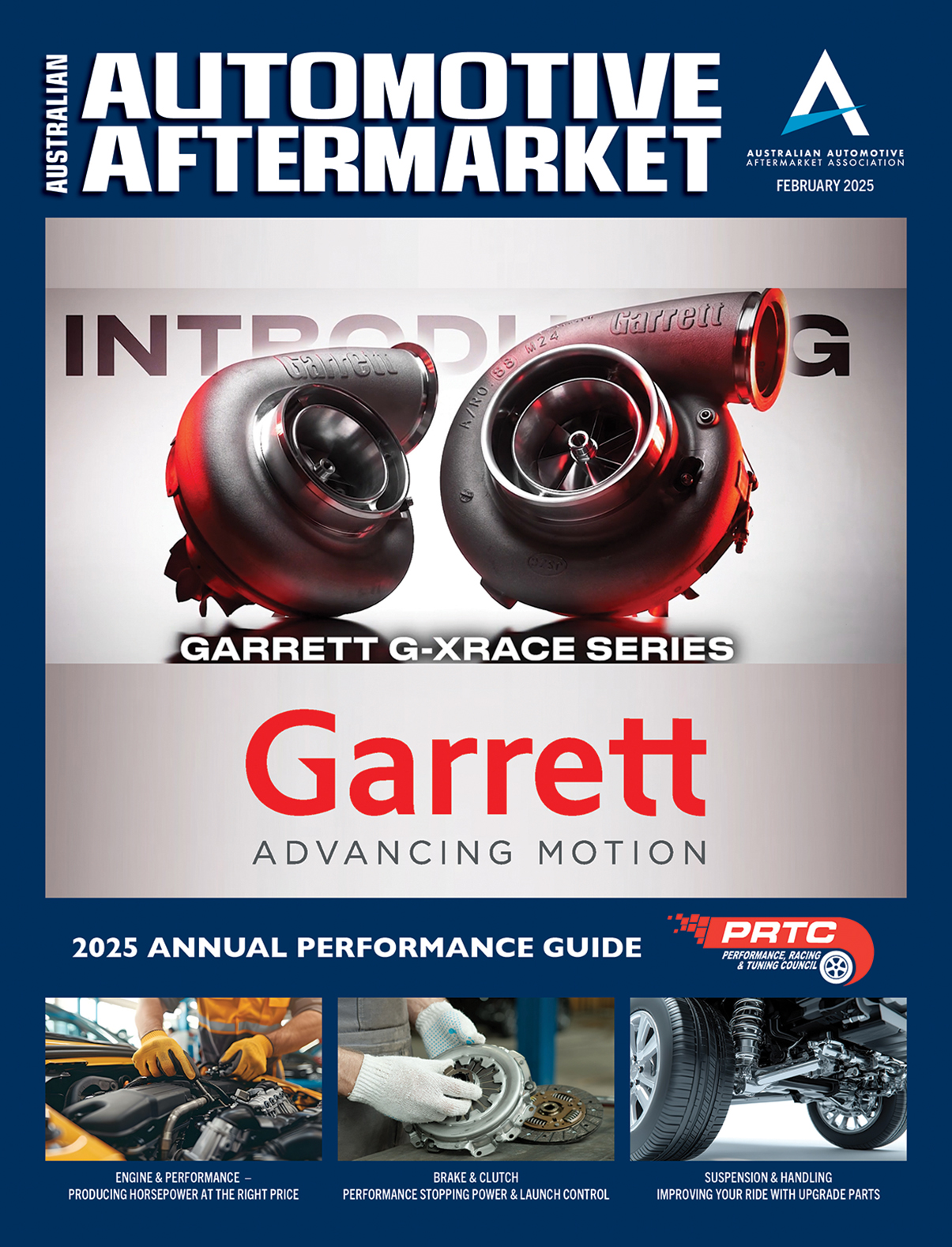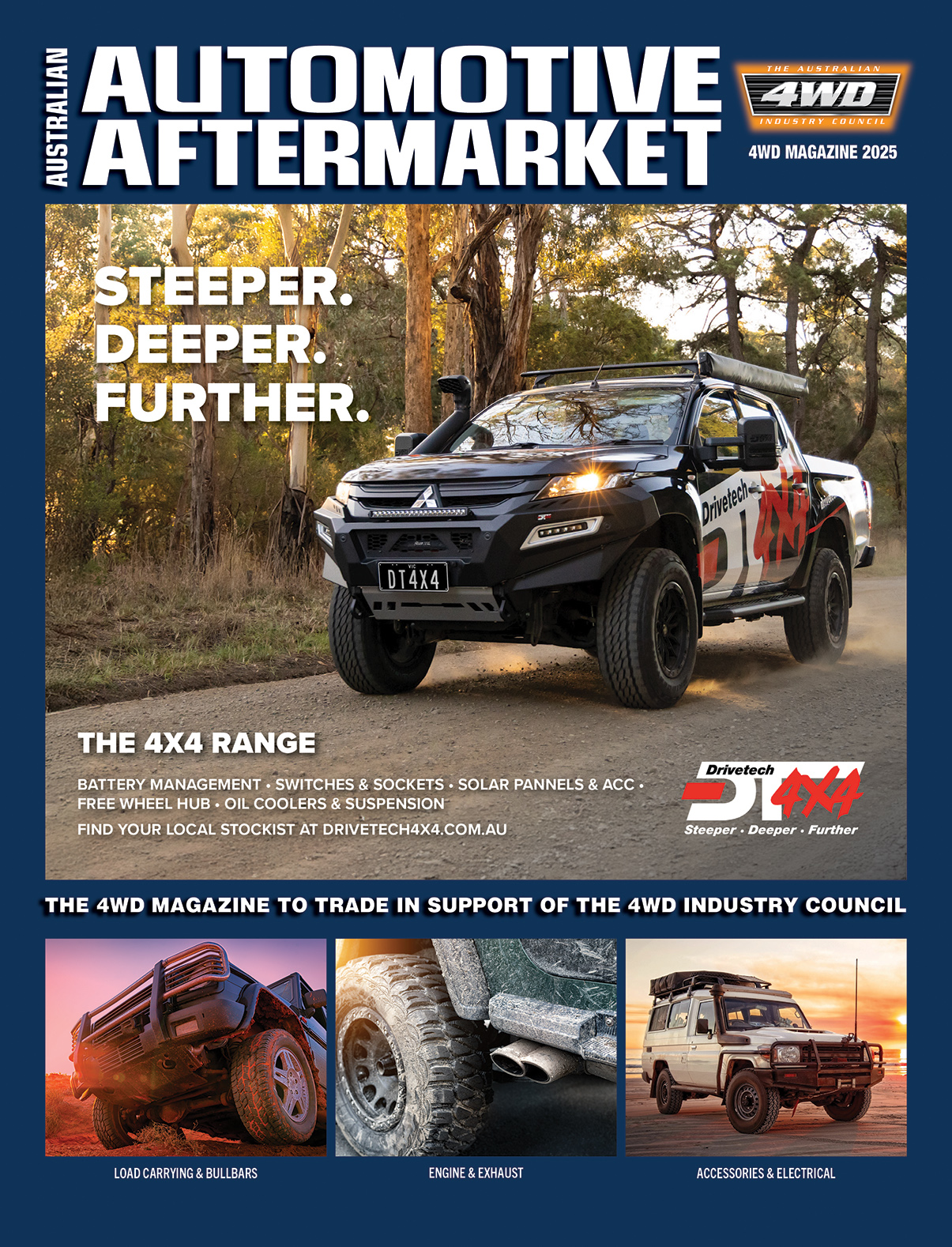KEEPING THE WORKSHOP TURNING
The quiet importance of replacement parts

Walk into any busy workshop and you’ll see the same rhythm: cars up on hoists, tools clattering, phones ringing, and a constant race against the clock.
The modern automotive trade moves fast, and one small delay can throw the whole day off balance.
In that environment, the replacement part is more than just a component; it is what keeps the entire operation going.
To put it simply, replacement parts are what every successful repair job depends on.
“When a part arrives on time, fits first go, and performs as expected, that’s a job well done, but the work rolls on,” said Cain Brewer, who coordinates logistics for Sterling Parts.
“When it doesn’t go that way, though, the chain reaction begins: lost hours, frustrated customers, and pressure on everyone involved. For workshops, reliability has become as valuable as the part itself.
“That reliability doesn’t happen by accident. Behind every smooth-running workshop sits an invisible network of warehouses, drivers, and suppliers coordinating at pace.
“Over the past decade, those networks have evolved rapidly. Same-day deliveries that were once exceptional are now expected and can even occur multiple times a day.”
Technology has sped up communication, but it is still the human element, as Jake Musumeci, who works in sales at Sterling Parts, puts it: “it is the advice, the accuracy, and the follow-up. It keeps the system working.”
The expectations placed on suppliers have changed alongside the pace of modern workshop life.
Customers want quick turnarounds, and mechanics need parts they can trust without hesitation.
That demand for speed and certainty has reshaped how distributors manage inventory, plan routes, and communicate.
Sterling Parts General Manager, Tony Yang, says this is a reminder that behind every quick delivery is a complex, coordinated effort that most people never see.
“Australia’s replacement-parts sector has adapted quickly to this new normal,” Tony said.
“The industry’s achievement lies not just in distribution scale but in understanding the realities of workshop life, the urgency, the trust, and the need for things to work the first time.
“Those fundamentals matter more than anything else; they are the heartbeat of the aftermarket.
“As vehicles grow more complex and expectations rise, replacement parts will only become more critical.
“It is a reminder that the backbone of the trade isn’t the technology but the effort and commitment between supplier and mechanic, keeping every customer satisfied and the industry moving.”
For more from Sterling Parts, visit www.sterlingparts.com.au







